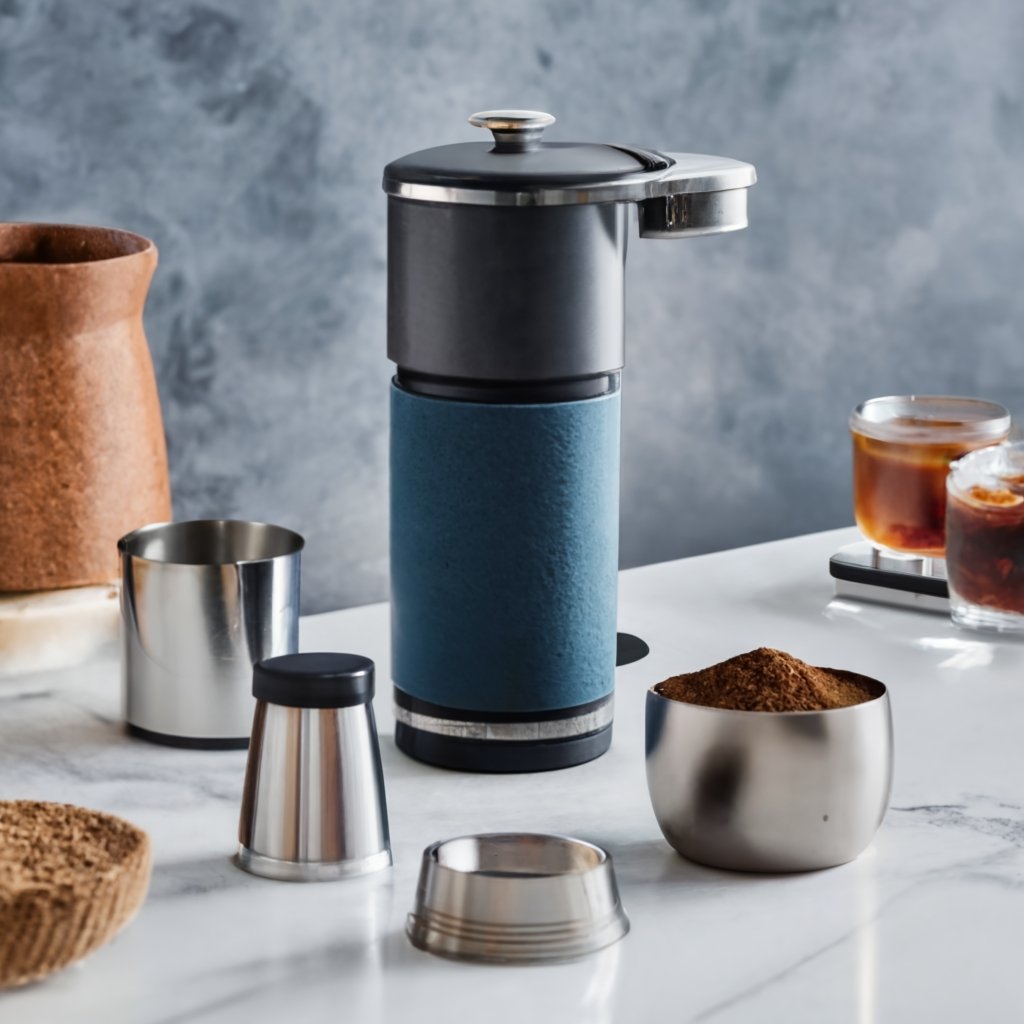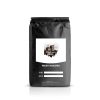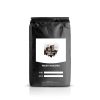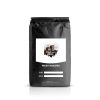Mastering Your Coffee Cup
A well-selected coffee bean is only half the journey to a perfect cup; the other half lies in the brewing. As much as coffee is a daily staple for many, it’s also a culinary art that thrives on precision and care. Below are key considerations to keep in mind for brewing coffee that will do your carefully selected beans justice.
Water Quality
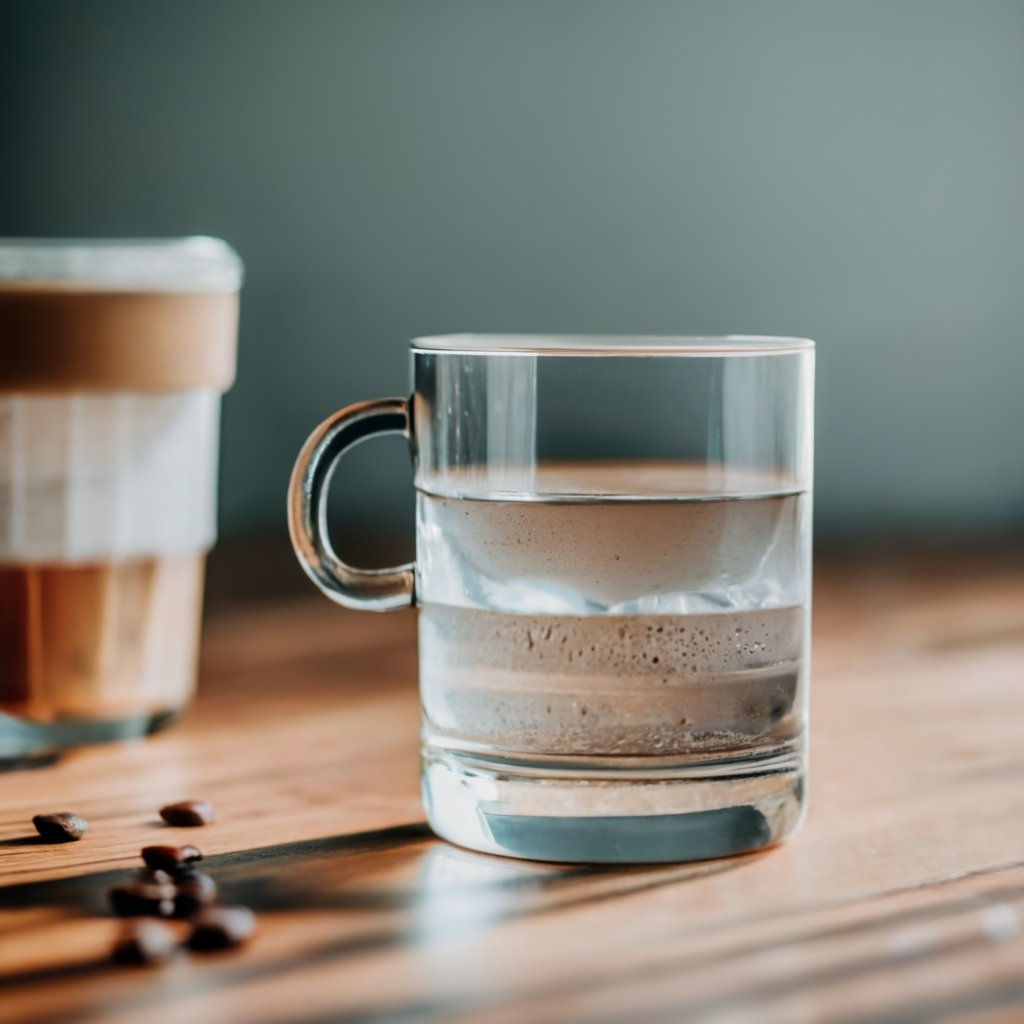
The quality of water you use is as important as the quality of your coffee beans. Always opt for filtered water free from impurities, as tap water with minerals can interfere with the extraction process. The water temperature should be between 195°F to 205°F (90-96°C) for optimal brewing.
Coffee-to-Water Ratio
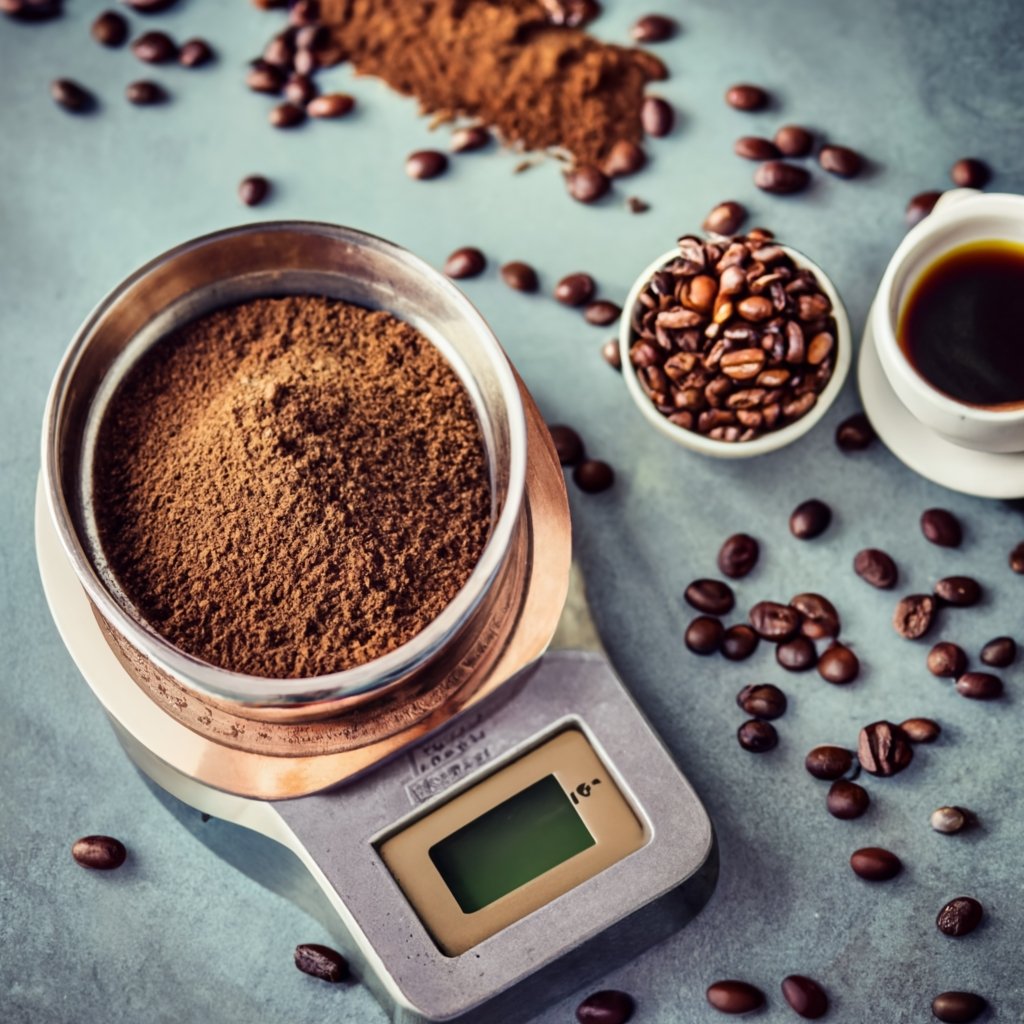
One of the most crucial aspects of brewing is the coffee-to-water ratio. A general rule is to use 1 to 2 tablespoons of coffee grounds for every six ounces of water, but this can vary based on personal taste and brewing method. Experimenting is the best way to find your ideal ratio.
Grind Size
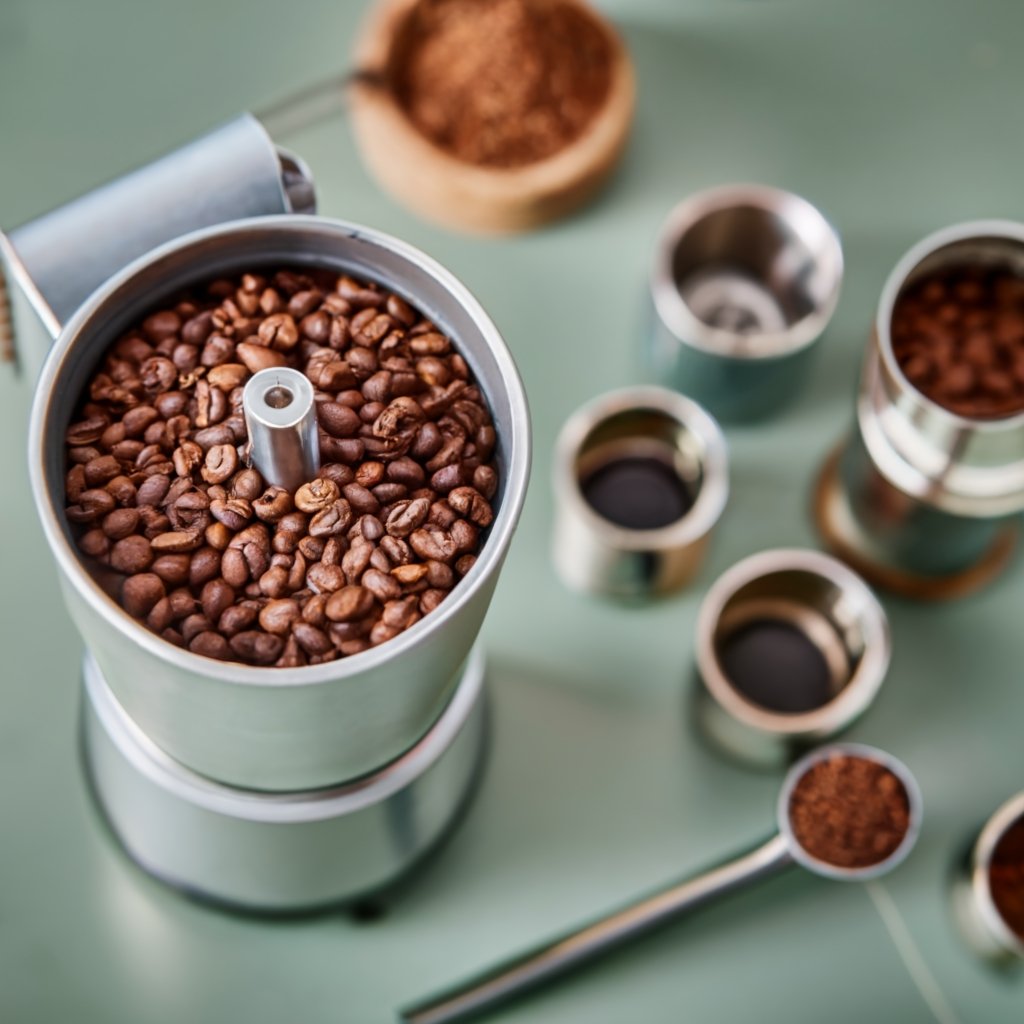
The grind size of your coffee should correspond with your chosen brewing method. For instance, French press requires a coarse grind, while espresso calls for a fine grind. Incorrect grind sizes can lead to over or under-extraction, compromising your coffee’s taste.
Brewing Time

The time it takes to brew your coffee is another vital consideration. A quick extraction (e.g., espresso) will highlight acidic, bright notes, while a longer brew time (e.g., cold brew) will result in a sweeter, less acidic cup. Stick to the recommended brew times for your chosen method and adjust as needed.
Equipment Maintenance

Regardless of whether you’re using a simple French press or a high-tech espresso machine, keeping your equipment clean is non-negotiable. Coffee leaves behind oils and residues that can build up over time, negatively affecting the taste.
Consistency is Key

Once you’ve found your preferred settings, consistency is your best friend. Always measure your coffee and water, and keep track of your brewing time to replicate that perfect cup every time.
The Final Cup
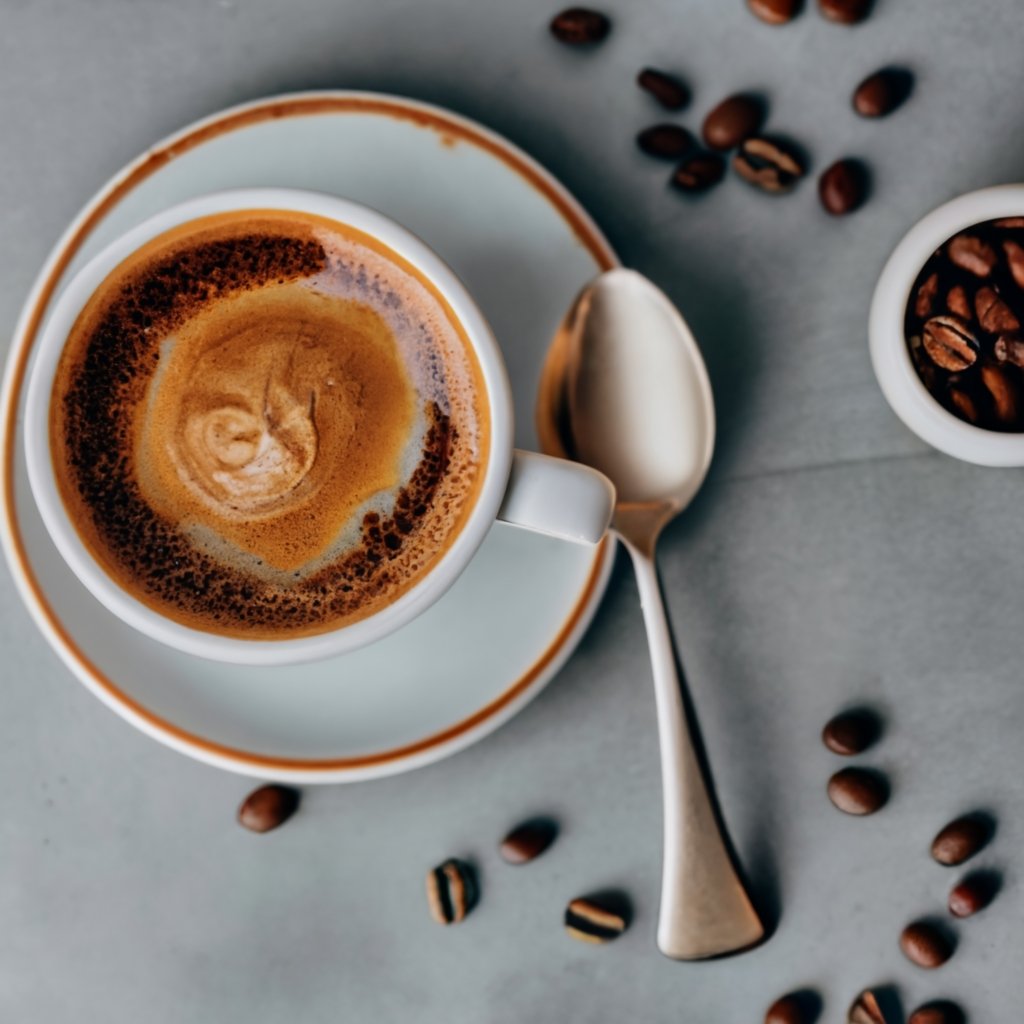
After you’ve brewed your coffee, serve it immediately to enjoy its full spectrum of flavors. Coffee tends to lose its character as it sits, turning bitter or overly acidic.
Mastering the art of coffee brewing can be as simple or as intricate as you make it. With these basic guidelines, you’re already on the path to making a cup of coffee that not only wakes you up but also delights your senses. Cheers to that!
